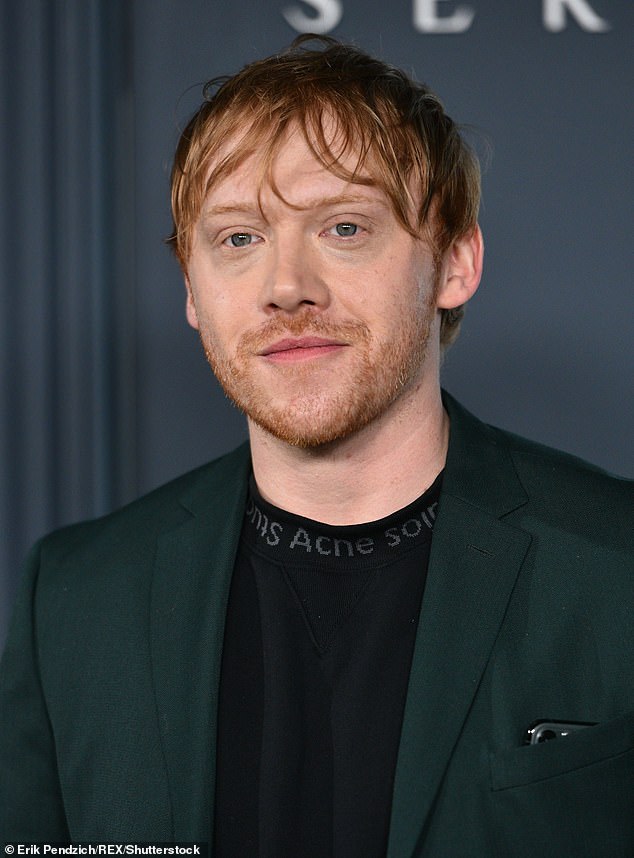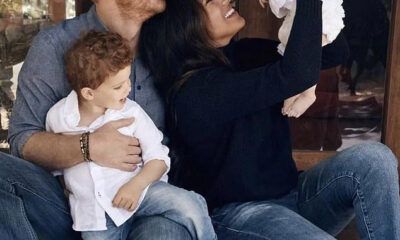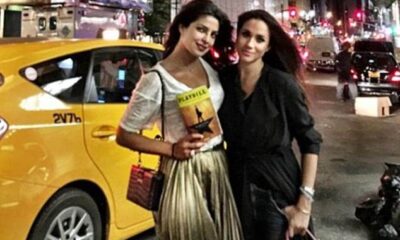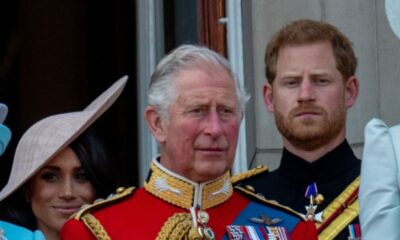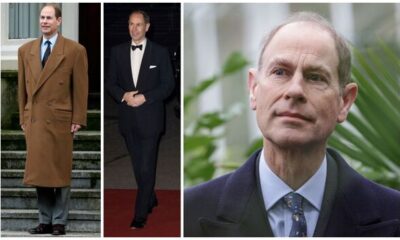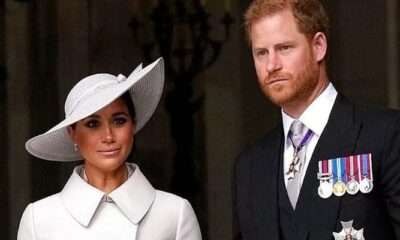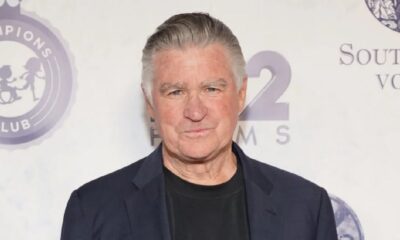Updates
Rupert Grint details why he criticized J.K. Rowling’s transphobic comments
Rupert Grint has spoken out about his decision to publicly oppose JK Rowling’s views on transgender people last year, which were widely regarded as transphobic.
Ms Rowling retweeted an op-ed article about “people who menstruate” in June 2020, taking issue with the story’s lack of usage of the word “women.”
“I’m sure there used to be a word for those people. Someone help me out. Wumben? Wimpund? Woomud?,” she tweeted to her 14.5 million followers.
The author then doubled down on her remarks regarding transgender individuals by sharing an essay on Twitter with the caption “TERF wars.”
Rowling also wrote an essay that was panned by LGBT+ advocacy organizations and others for being inaccurate and spreading damaging stereotypes about transgender persons.
The famed author received what she characterized as “relentless attacks” from other social media users.
She responded with a highly personal article in which she revealed she had been sexually abused in her twenties and that she now bears the scars of ‘domestic violence’ from her previous marriage.
Surprisingly, in October of last year, a hashtag asking for the author’s death was the most popular trending tag on Twitter.
Rupert, who is best known for playing Ron Weasley in the film adaptations of J.K. Rowling’s Harry Potter books, issued a statement in June following a barrage of criticism from the transgender community.
Grint said in an interview with Esquire published Friday that he is still “hugely grateful” for the famed author, even if he disagrees with her viewpoints.
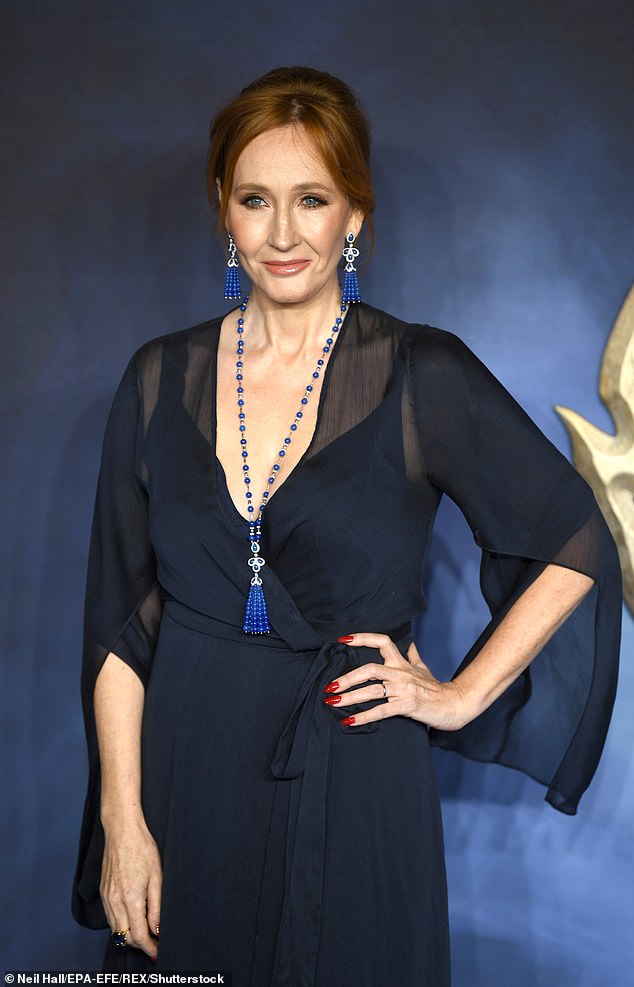
“I am hugely grateful (for) everything that she’s done. I think that she’s extremely talented, and I mean, clearly, her works are genius,” he said. “But yeah, I think also you can have huge respect for someone and still disagree with things like that.”
Mr Grint stated that while he was “not an authority” on the subject, he felt compelled to speak up since “silence is louder”.
“Sometimes silence is even louder. I felt like I had to because I think it was important to. I mean, I don’t want to talk about all that… Generally, I’m not an authority on the subject
‘Just out of kindness, and just respecting people. I think it’s a valuable group that I think needs standing up for.’
Grint’s most recent appearance was in the second season of Apple TV+’s Servant, which will air this weekend.
Rowling’s anti-trans position was made public in 2019 when she supported Maya Forstater, a researcher who had been fired from a think tank after saying that individuals cannot alter her biological inclinations. Rowling also caused a fuss when she slammed a headline on the website devex.com.
“Transgender women are women,” declared Mr. Radcliffe, who played Harry Potter, in a statement to the Trevor Project.
“Any statement to the contrary erases the identity and dignity of transgender people and goes against all advice given by professional health care associations who have far more expertise on this subject matter than either Jo or I.”
“Trans people are who they say they are and deserve to live their lives without being constantly questioned or told they aren’t who they say they are,” Emma Watson, who played Hermione Granger, tweeted.
“I want my trans followers to know that I and so many other people around the world see you, respect you and love you for who you are.”
Ralph Fiennes, who played Lord Voldemort in the Harry Potter films, recently came to her rescue.
In an interview with the Telegraph on Wednesday, the 58-year-old actor freely expressed his support for Rowling.
Ralph said he “didn’t understand the vitriol” directed at her and that people’s “hatred” for someone who holds a different viewpoint than them is disturbing.
‘I can’t understand the vitriol directed at her,’ he said, adding that although he understands why people are passionate about the issue, he considers the author’s popular vilification ‘irrational.’
‘I find the level of hatred that people express about views that differ from theirs, and the violence of language towards others, disturbing,’ he continued.
Popular Posts:
MUST READ:


